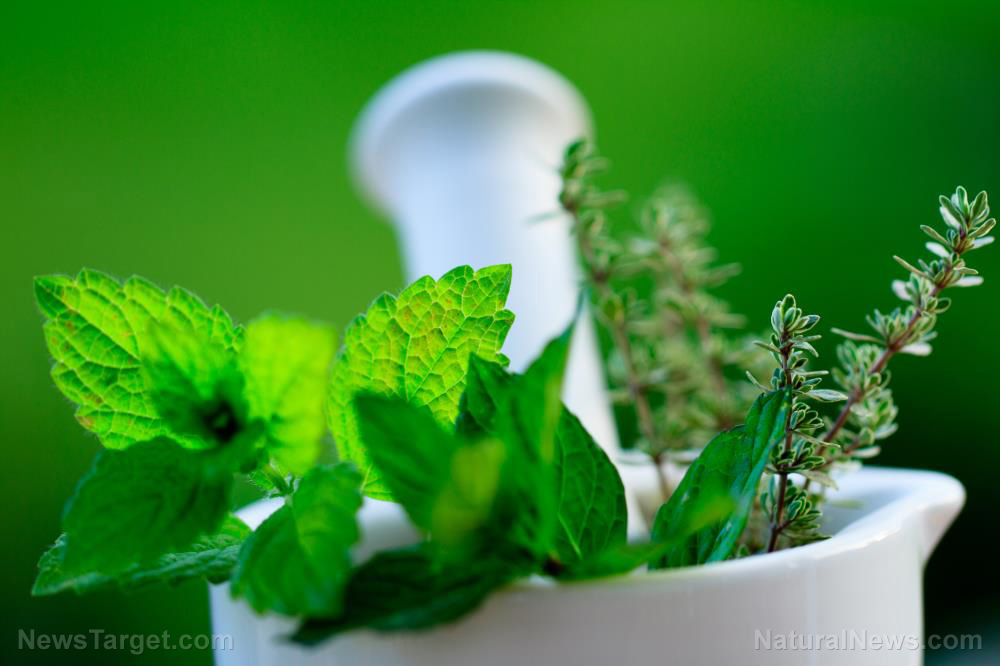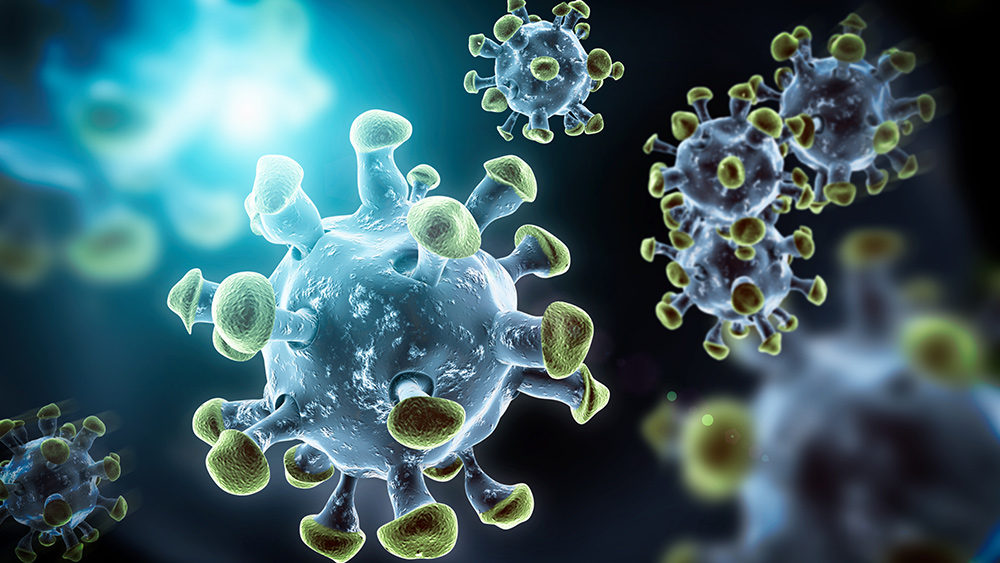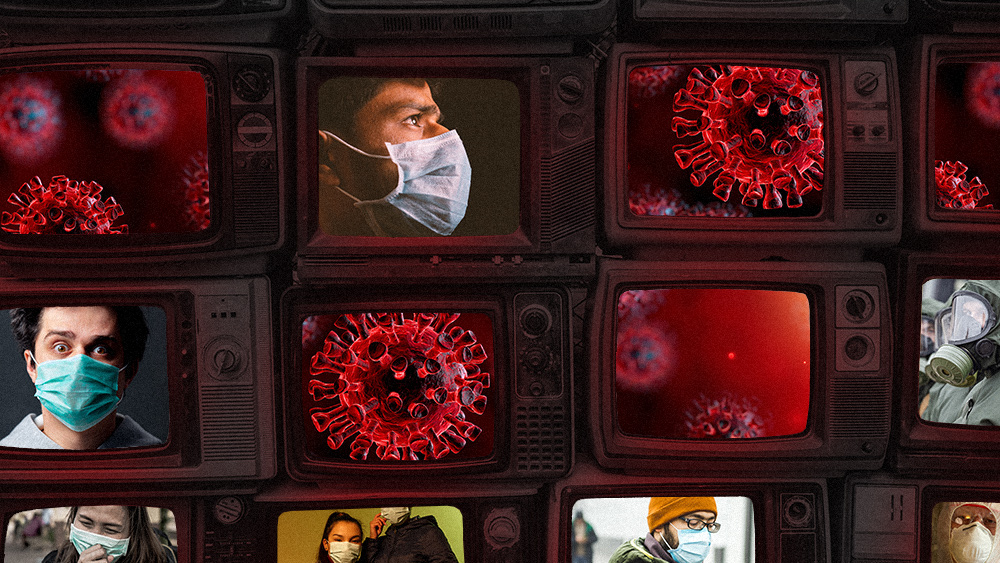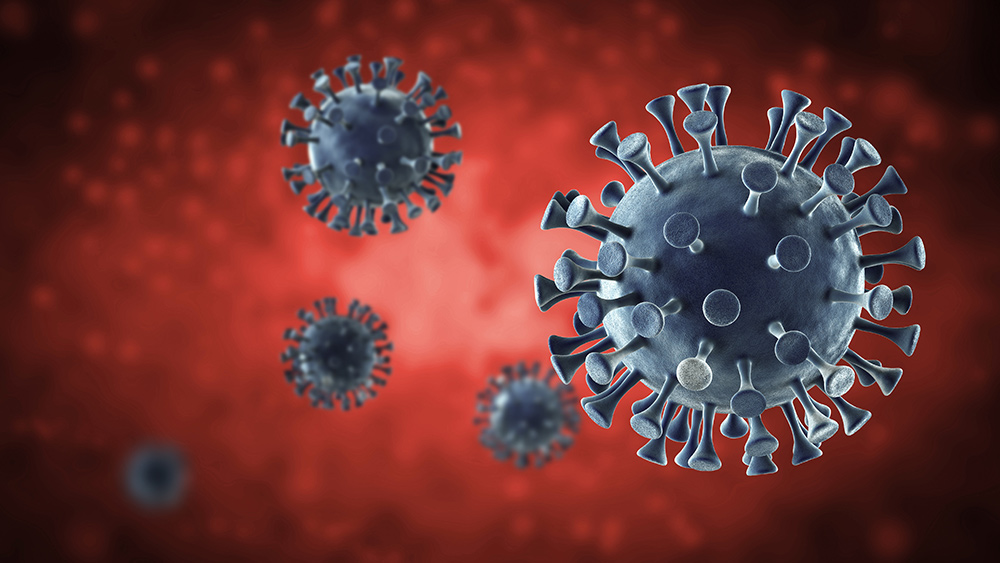Researchers investigate the antimicrobial efficacy and cytotoxicity of South African plants from the Myrtacea family
04/21/2020 / By Evangelyn Rodriguez

In this study, researchers from South Africa and Tanzania examined the antimicrobial efficacy and cytotoxicity of some under-investigated plants from the Myrtaceae (myrtle) family that are endemic to South Africa. Their findings were published in the journal BMC Complementary and Alternative Medicine.
- Antimicrobial resistance (AMR) remains an important global health problem, especially since new antimicrobials are difficult to find or develop.
- Plant extracts present a promising solution to AMR since they contain plenty of compounds which may be effective against microbial pathogens.
- To test the antimicrobial potential of South African plants, the researchers chose nine species from the myrtle family and obtained crude acetone leaf extracts from each.
- They used a two-fold serial microdilution assay with p-iodonitrotetrazolium violet as growth indicator to test each extract against six common nosocomial pathogens: the Gram positive bacteria Bacillus cereus, Enterococcus faecalis and Staphylococcus aureus, and the Gram-negative bacteria Escherichia coli, Pseudomonas aeruginosa and Salmonella Typhimurium.
- The researchers also determined the number of antimicrobial compounds present in each extract using bioautography and measured their cytotoxicity against Vero kidney cells using a colorimetric tetrazolium-based assay.
- Additionally, they calculated the total antibacterial activity (TAA, mL/g) and selectivity index (LC50/MIC) of the extracts, and assayed their anti-biofilm activity.
- The researchers reported that Syzygium legatii, S. masukuense and Syzygium species A were the most effective against Gram-negative and Gram-positive bacteria, with MIC values ranging from 0.04-0.08?mg/mL.
- Eugenia erythrophylla had the best MIC (0.02?mg/ml) against B. cereus.
- Most of the extracts showed relatively low cytotoxicity (LC50?>?20?mcg/mL) and reasonable selectivity indices.
- Only S. masukuense, Syzygium species A and E. natalitia showed moderate cytotoxicity (20?mcg/mL?<?LC50?<?100?mcg/mL).
- All the extracts reduced biofilm formation but showed good to poor potential in destroying pre-formed biofilms.
Based on these findings, the researchers concluded that certain South African plants are great sources of antimicrobial compounds, which can be used to combat AMR and nosocomial infections.
Read the full article at this link.
Journal Reference:
Famuyide IM, Aro AO, Fasina FO, Eloff JN, Mcgaw LJ. ANTIBACTERIAL AND ANTIBIOFILM ACTIVITY OF ACETONE LEAF EXTRACTS OF NINE UNDER-INVESTIGATED SOUTH AFRICAN EUGENIA AND SYZYGIUM (MYRTACEAE) SPECIES AND THEIR SELECTIVITY INDICES. BMC Complementary and Alternative Medicine. 2019;19(1). DOI: 10.1186/s12906-019-2547-z
Tagged Under: alternative medicine, Antimicrobial, antimicrobial resistance, herbal medicine, Herbs, natural antibiotics, natural cures, natural medicine, nosocomial infections, phytonutrients, plant medicine, remedies, research, South African plants, superbugs



















